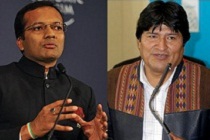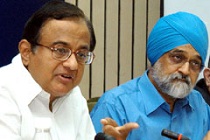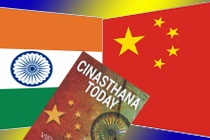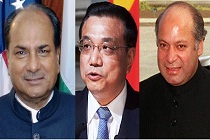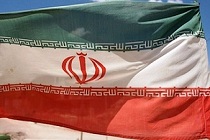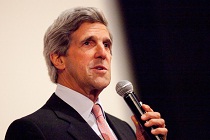Lessons from Jindal’s Bolivian failure
Jindal’s integrated mining and steel project in Bolivia was the largest contract secured by an Indian company in Latin America. The project, which ultimately became a victim of the country's domestic politics, has lessons for Indian companies venturing into Latin America

